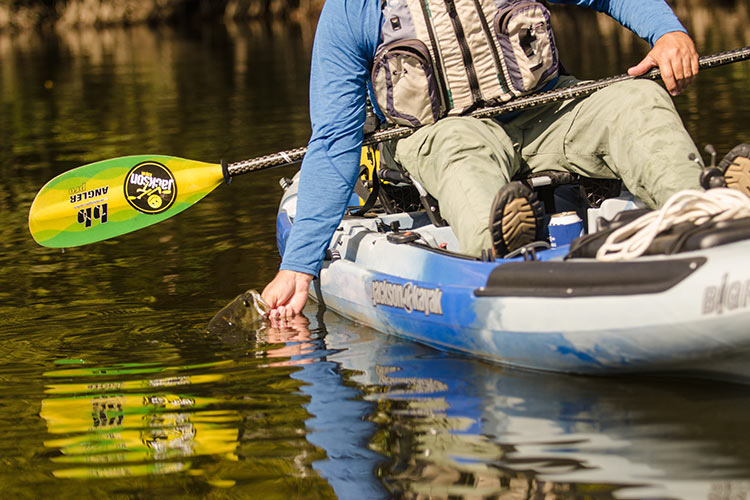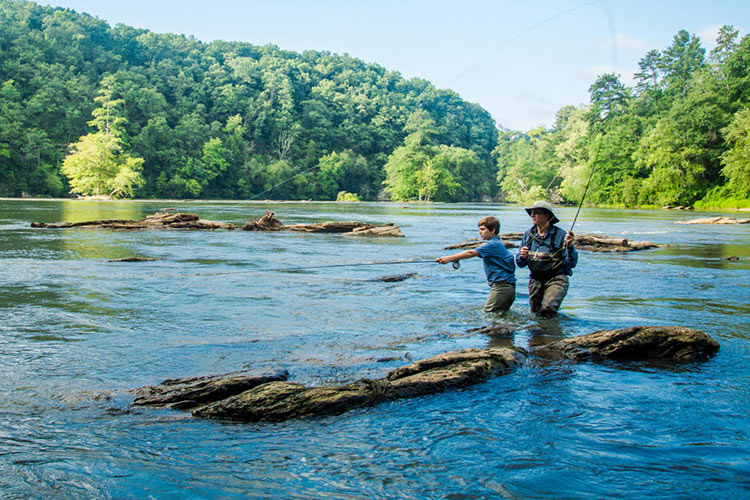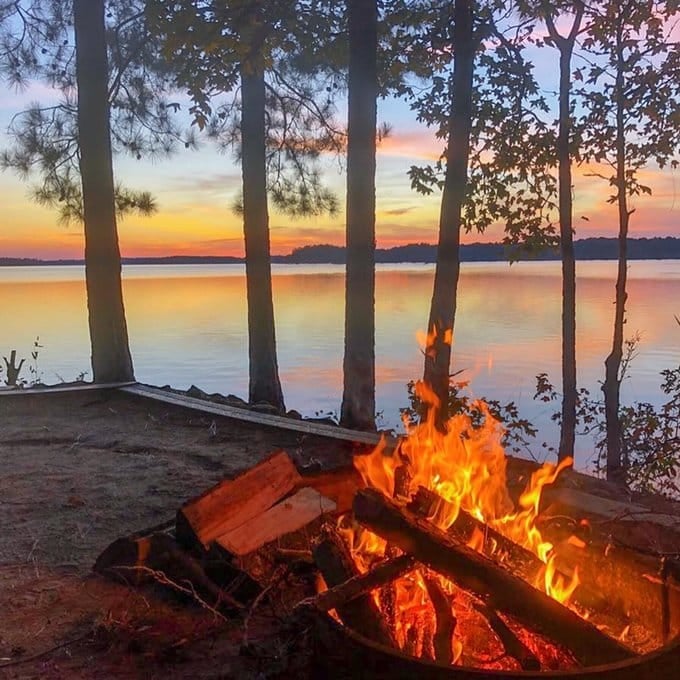If you’re reading Blue Ridge Outdoors, then you’re already familiar with our region’s breathtaking natural beauty and unparalleled outdoor recreation. Few things are more fun than whitewater rafting on the Chattooga or paddling the French Broad. Yet, these rivers are so much more than relaxing diversions. Our rivers sustain life for everyone in the South. For instance, the James River supports one-third of Virginia’s population.

That’s why an expected proposal by the Environmental Protection Agency to gut the longstanding Clean Water Act is so concerning. There’s no denying that we live in polarizing times, but clean water has never been controversial before.

The Clean Water Act was passed in 1972 during a period that some might say was filled with more political strife than what we’re experiencing now. Riots rocked America’s cities. Assassinations stunned the nation. A president was on his way to resigning in disgrace. But amidst all that turmoil, spurred by an American public outraged by polluted water and air, Congress enacted this landmark environmental legislation with strong bipartisan support.

Since then, the Clean Water Act has protected America’s families, businesses, and communities by preventing unchecked and unlimited pollution. Prior to the act’s passage, the French Broad was known as a heavily polluted river. Now, its banks are lined with breweries, outfitters, and other industries. This didn’t happen by accident. The Clean Water Act helped make the French Broad enjoyable and its shores inhabitable. There’s a similar story about most of the rivers in the South.

Yet the law’s unprecedented success hasn’t deterred the EPA from trying to roll back protections for 50 to 60 percent of the nation’s stream miles and up to 90 percent of our wetlands to protect big polluters instead of our communities and families. These are waterways that feed drinking water sources for tens of millions of Americans.

The Clean Water Act is one of the most enduringly popular pieces of legislation in recent history, and it’s supported by broad swaths of the American public on both sides of the aisle. Word of these threats to its future should galvanize the same type of public outrage that prompted the Clean Water Act’s passage in 1972 in the first place.

It took a concerted effort by Americans united by their distress over the state of this nation’s waters to convince Congress to act. That same effort is required now to save the water protections we all depend on.
Americans should educate themselves about the EPA’s proposal and rise up to voice their opposition. Clean water is under attack by polluting industries, compliant politicians, and complicit regulators. The American public needs to make clear who their government works for.
Head to ProtectSouthernWaters.org t









